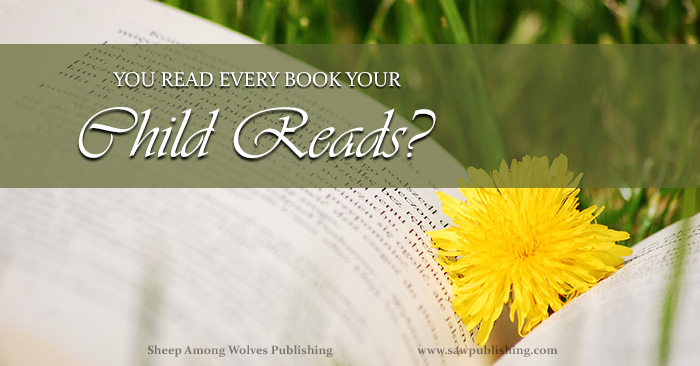Your Forgotten Homeschooling Resource
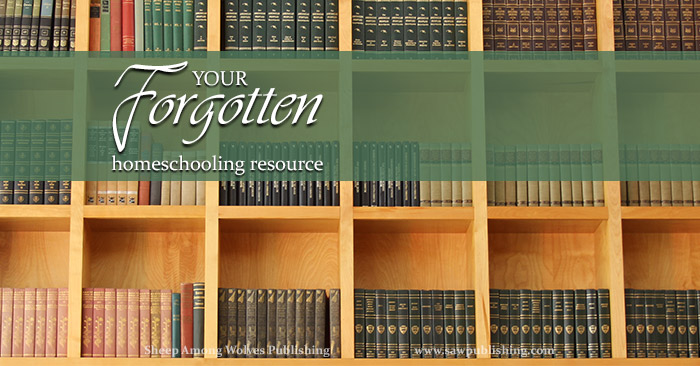 Which homeschooling resource is doing the best job of teaching your students this year?
Which homeschooling resource is doing the best job of teaching your students this year?
When I started writing this post, a certain memory came to my mind of a student at summer school. He didn’t know he was at summer school, of course. Neither did most of the people who saw him. They thought, and he thought, that he was just curled up on the floor of a church library, on a warm afternoon in July, deep in a story book while his parents were busy chatting after the service.
But he was, nonetheless, at summer school.
I am not prepared to state what subject he was studying, because I didn’t go over and look at the book. But I am firmly confident that his education was going on, and that in addition to English vocabulary, punctuation, and grammar, he was silently absorbing some other lessons that will have an influence, one way or another, on the course of his life.
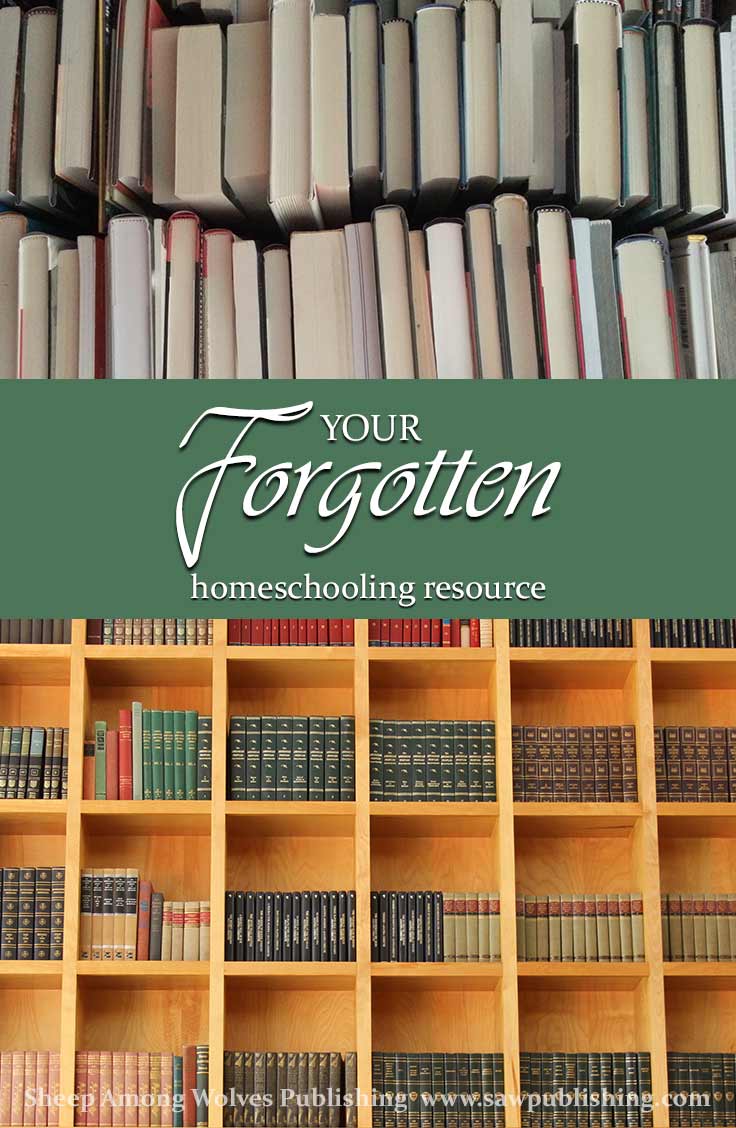 Education Doesn’t Stop with School Hours
Education Doesn’t Stop with School Hours
We are all aware that children learn a lot when we aren’t consciously teaching them. They learn from their environment. They learn from our example. They learn from the books that they read.
Remember last time your baby dropped its soother, and your four-year-old scooped it up, dusted it off nonchalantly on her skirt, and handed it back to the baby, without missing a beat in her conversation the whole time? You didn’t teach her to do that. She just saw someone else do it (we won’t suggest who, but it probably wasn’t a first-time-mom). She observed it. And she learned.
We all acknowledge this phenomenon of unintentional education—but what we sometimes fail to realize is that extracurricular instruction doesn’t have to be quite as unintentional as it is.
Books Are Powerful Teachers
I’m always torn when I come to discuss the topic of “neutral” literature. There’s part of me that wants to say, “There is absolutely no such thing as a morally neutral book.” Then I think about Peterson’s Field Guide to Wildflowers (or some such kindred volume, or class of volumes), and I’m not quite so sure again.
What I am sure about, is that there are very, very few neutral children’s stories. They all teach some kind of lesson—intentional or otherwise. If you child is reading, they are learning. It’s simply a fact of life.
This can be a bit of a frightening idea. After all, you’re responsible, in the long run, for whether they’re learning good or bad. And some children have an absolutely insatiable appetite for books! Those kids are learning just about every waking hour!
Choosing the Books on Your Shelves
Rather than feeling paralyzed by the power of the tool we’re holding, let’s embrace the magnificent potential of this incredible homeschooling resource. A well-stocked bookshelf can do more for your child’s education than hours spent in curriculum research, lesson preparation, and worksheets.
So what does the ideal homeschooling library look like? Here are a few pointers on the type of books that will make the most of the powerful resource in your hands:
- Choose books that have a positive spiritual impact.
- Choose books that exemplify solid English.
- Choose books that gently expand a student’s vocabulary and reading level.
- Choose books that broaden the student’s geographic, cultural, and historical horizon.
- Choose books that are worth reading again and again.
- Choose books that children enjoy reading!
This last one may seem a little less important—it’s definitely not something you’d want to sacrifice the other criteria to obtain—but enjoyable books serve a purpose. Engaging content, entrancing illustrations, a cover that just begs children to open it: all these things help to build a child’s love of books. They help to ensure that the student is going to make use of this valuable homeschooling resource.
Are You Utilizing Your Homeschooling Resources?
“He’s running low on books,” the mother of my “summer school” student told me. “We’re going to his grandparents this week, and I’m thinking of borrowing some new ones from them. Grandma likes to buy Christian storybooks.”
She went on to name several well-known, and I would say very worthwhile, publishers.
“I think Grandma’s got just about every book in their catalogues!” my friend finished.
So I feel fairly safe that the summer student has been continuing his education to the present date.
But what a wonderful influence his grandmother is having on that education! What a huge harvest she is laying up for eternity, on the bookshelf she is sharing with her grandchildren!
That’s the kind of education you and I want to be part of—whether it’s during school hours, or not.
Are you making the most of this wonderful homeschooling resource?
How much responsibility does a parent have when it comes to reading material? Take a look at our previous post:
You might also enjoy:

What does a SAW Publishing book review look like? This post will help you understand the process we use to create book reviews that reflect our goal of promoting good and great literature for the entire family.
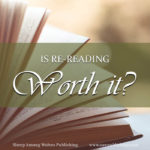
Does it really make sense to read the same book twice? Good and great books are worth reading again. A really outstanding book will take a lot of wear. Don’t hesitate to re-read it over and over again.
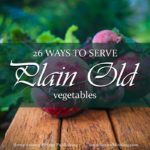
Do you end up serving the same vegetable recipes week after week? This Timeless Tip from Homemakers of the Past reveals 26 ways to serve plain old vegetables – using just four basic processes of cooking.

